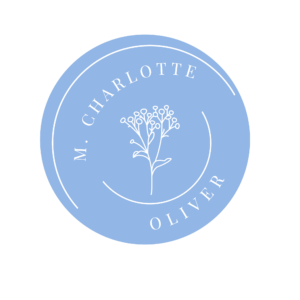
In the last 19 months, leadership trends and concepts have been at the forefront of many organizational discussions. Relating to these discussions, mostly, many organizations are grappling with the challenge of staff shortages, employees who want to continue working remotely, and those who have decided to skip the 9-5 work responsibilities all together, to create their own businesses. Yes, the way we work has significantly changed.
Within this idea of such rapid change and organizational reaction, from an article written in 2017, there are evidence that the leadership trends discussed in this article are highly applicable today.
Goldberg (2017) touched on three specific trends:
- The challenge for successful leadership continues to be in demand. This shows that leadership is developing into a progressively rare source, and companies must deal with constant tactical deficiency of this resource.
- More personnel are pursuing leadership advancement. But research shows that in some organizations, the commitment to training from leaders is scarce. This is based on the encroachment of low retention in these types of organizations. For this reason, some organizations do not think it necessary to create leadership training structures within their developmental themes based on the attritional characteristics of some employees.
- The calamity of employees whose only priority is to earn a paycheck. In these instances of detachment, employees show no concern for the issues of places they work. There exist no loyalty to the organizations themselves or no desire to create a career with such organizations.
In an Industrial-Organizational (I-O) psychology consultancy, these general organizational issues are common. As a remedy, an I-O psychology consultancy engagement may:
- Create strategies to develop leaders at every level and business unit.
- Understand and formulate structures on future leadership needs and development.
- Create specific surveys dedicated to all leaders to determine immediate and future needs. We then align these needs with intentional time-stamped planning and procedural initiatives.
- Observe the leadership styles of up-and-coming leaders. If practical, merge these styles within current leadership and future leadership concepts.
- Work with Human Resources (HR) to develop ongoing innovative and measurable leadership training and development. Monitor the ongoing processes.
- Allow opportunities for employees to lead for a day or longer.
These processes represent just a snip of the role of an I-O psychology consultant. The growing change in the needs of organizations on staff engagement, leadership, and organizational culture continue to challenge a significant number of companies, specifically in this time of COVID. Yet, it is still possible to achieve success; however, major attitudinal change is necessary in some cases. Accepting the posture that effective change processes are necessary to adapt to current needs is usually the first step toward effective organizational management. As workplaces continue to endure intense alterations, it would be imperative that leadership and staff engagement policies are tweaked or completely revamped to meet the desires of consistently changing organizational landscapes and customers/clients alike.
Dr. M. Charlotte Oliver
I-O and General Psychology Consultant and Researcher
Reference
Goldberg, J. (2017). Trends in leadership and leadership development. Graziadio Business Review, 20(1), 1–6.


